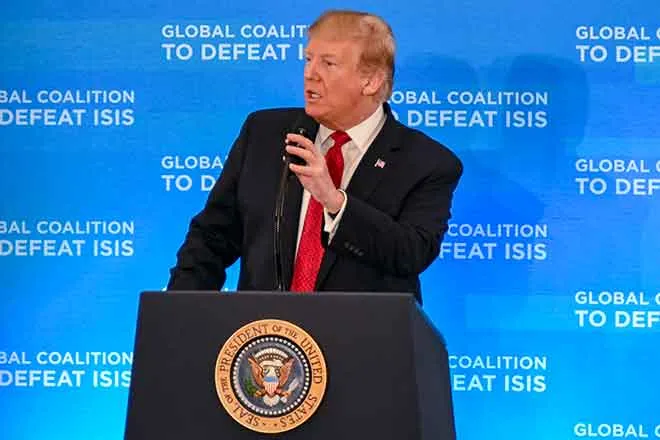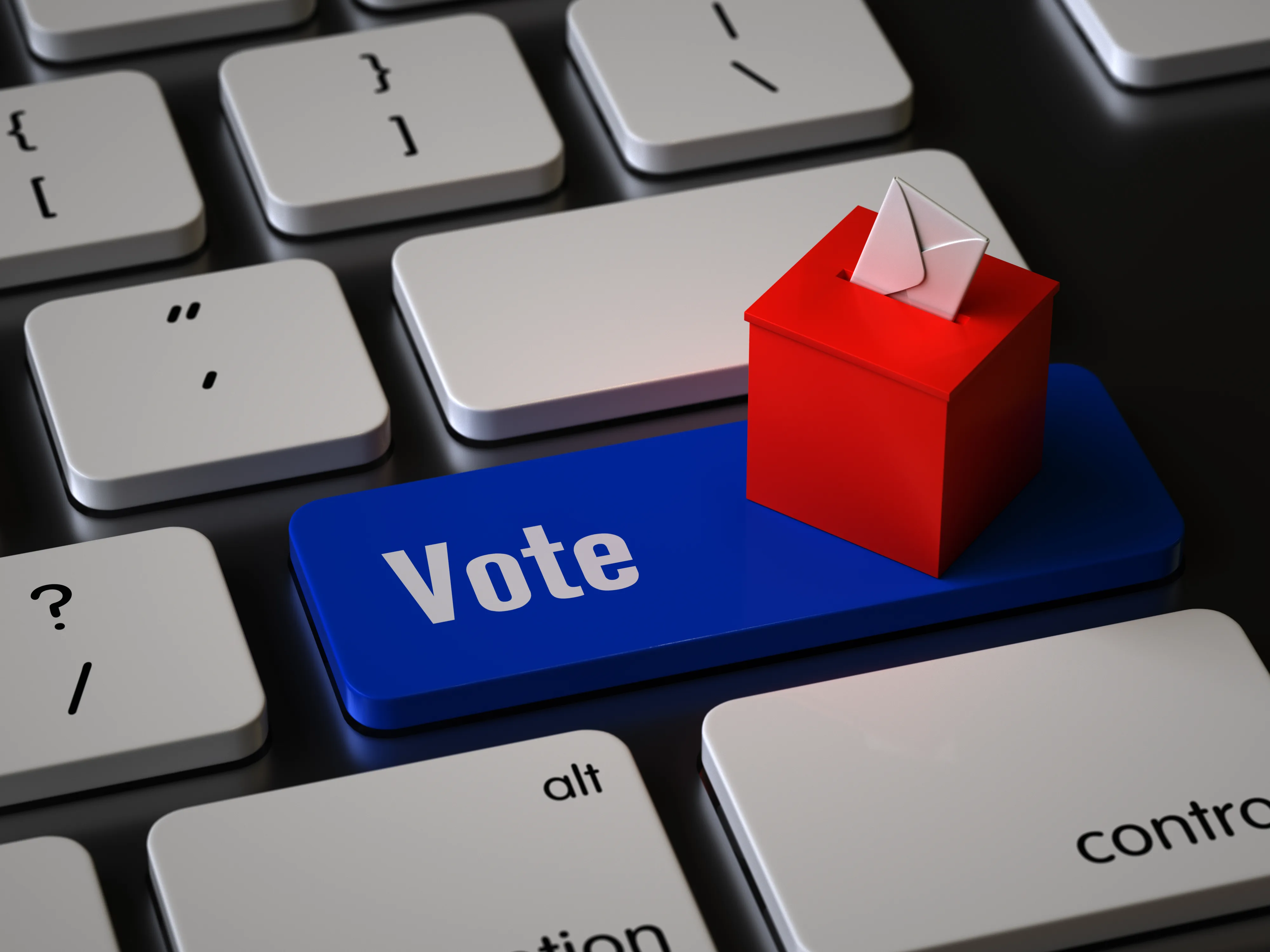
Wyoming Medical Society president on vaccine hesitancy: 'Unnecessarily political'
(The Center Square) – Wyomingites are among the most reluctant populations in the nation to take the COVID-19 vaccine. That has prompted talk of incentive programs, while some say the reasons are mostly political.
About 28% of state residents have been fully vaccinated, while about 35% have received at least the first shot.
An updated report from the U.S. Department of Health and Human Services puts 16 Wyoming counties as the most hesitant in the nation.
JJ Chen, incoming president of the Wyoming Medical Society, said hesitancy tends to fall along political lines.
“I think what may be unique in Wyoming is that we are staunchly entrenched along political lines, and unfortunately I think whether to or not to get the vaccine has really taken on an unnecessarily political line,” Chen said.
This bears out in the stats as Teton County, one of the few counties to elect Democrats to the state legislature, is also the most vaccinated.
Former Republican President Donald Trump championed vaccines as a means to stop the virus. Trump’s administration was responsible for the vast majority of the planning accelerating vaccine development, according to former head of Operation Warp Speed Moncef Slaoui.
What would really convince Wyomingites to get off the fence is trust, according to Chen. Local figures who are trusted in their communities could sway public opinion by proclaiming the vaccines are safe.
“If you go to church and you hear your pastor tell you, ‘Hey, this vaccine is safe. I just got it. I’m doing fine. Some people may have some side effects, but you know the vast overwhelming majority of people who get the vaccine will be much better off than if they didn’t get it,’... if they heard those kind of words from a trusted individual, I think the barriers to getting vaccinated would be far less,” Chen said.
So far, none of the vaccines are fully FDA-approved. They are approved for emergency use. Chen admitted vaccine fear is legitimate considering how new it is, but Chen likens these vaccines to those developed for polio and smallpox asserting public health improved when those inoculations were accepted.

















